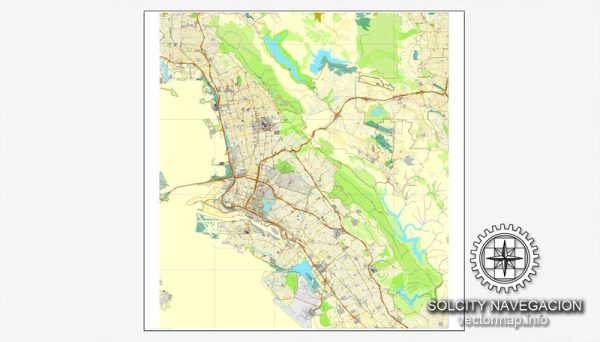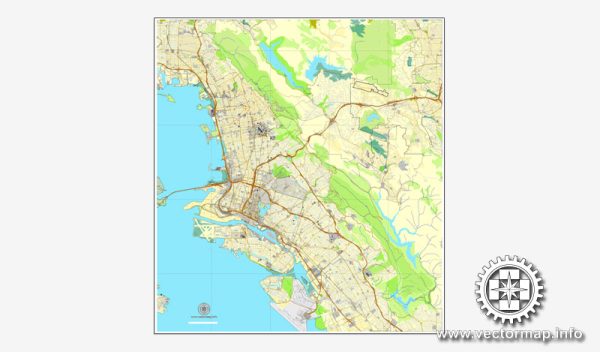The history of urban development in Oakland and Berkeley, California, is rich and complex, reflecting the broader trends and challenges faced by cities across the United States. Here’s a brief overview:
Berkeley:
- Early Settlement:
- Berkeley’s history dates back to the mid-19th century when it was originally inhabited by the Ohlone people.
- The area was later settled by Europeans, and in 1866, the town of Berkeley was incorporated.
- Educational Hub:
- The establishment of the University of California, Berkeley in 1868 played a significant role in shaping the city.
- The university has been a major driver of cultural and economic development, attracting intellectuals, researchers, and students.
- Progressive Movement:
- Berkeley gained a reputation for progressive politics and activism during the 20th century.
- The Free Speech Movement of the 1960s, centered on the university campus, became a symbol of student activism and political engagement.
- Housing and Diversity:
- Berkeley has faced challenges related to housing, with debates over development, rent control, and gentrification.
- The city has a diverse population and is known for its cultural richness, including a vibrant arts scene.
Oakland:
- Early Industrial Growth:
- Oakland’s development was heavily influenced by its location as a transportation hub, with the transcontinental railroad and later the shipping industry playing key roles.
- The city experienced rapid industrialization in the late 19th and early 20th centuries.
- African American Migration:
- In the mid-20th century, Oakland became a destination for African Americans during the Great Migration, contributing to the city’s cultural diversity.
- West Oakland, in particular, became a center for African American culture and activism.
- Port of Oakland:
- The Port of Oakland has been a major economic driver, facilitating trade and commerce.
- The development of the port has shaped the city’s landscape and contributed to its economic growth.
- Social and Economic Challenges:
- Like many urban centers, Oakland faced social and economic challenges, including issues related to poverty, crime, and education.
- The city has seen efforts to revitalize certain neighborhoods and address social inequality.
- Sports and Culture:
- Oakland is home to vibrant cultural scenes, including music, arts, and sports. The Oakland Athletics and the Golden State Warriors have been a source of local pride.
Both Berkeley and Oakland have seen shifts in their urban landscapes, influenced by economic, social, and cultural forces. Challenges such as housing affordability, social inequality, and urban revitalization continue to shape the ongoing development of these cities. The distinct histories and characteristics of each city contribute to the diverse and dynamic nature of the broader San Francisco Bay Area.



 Author: Kirill Shrayber, Ph.D. FRGS
Author: Kirill Shrayber, Ph.D. FRGS